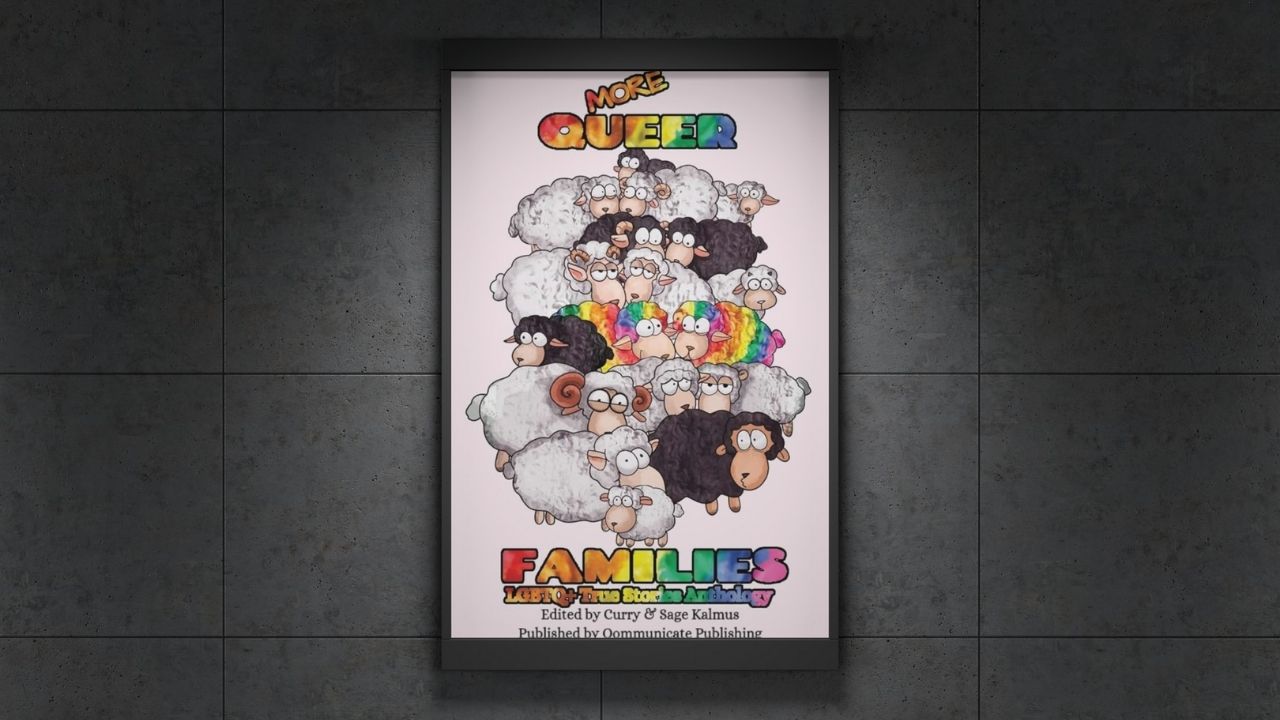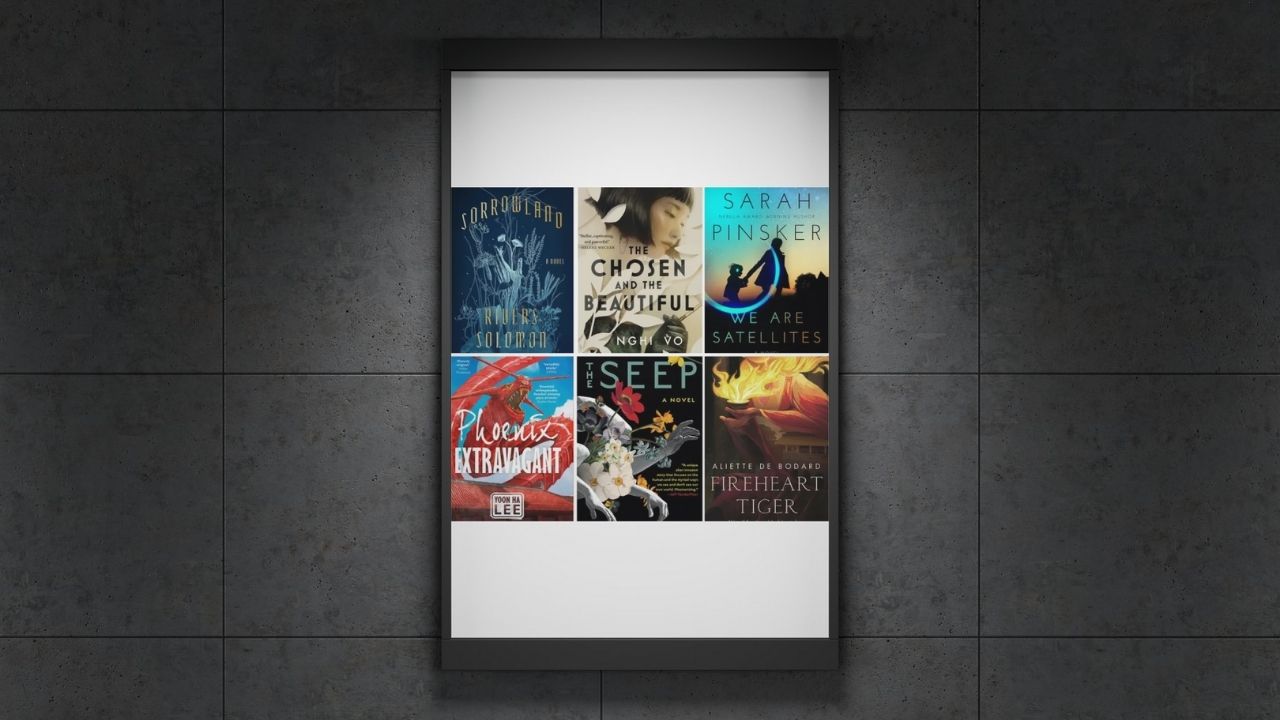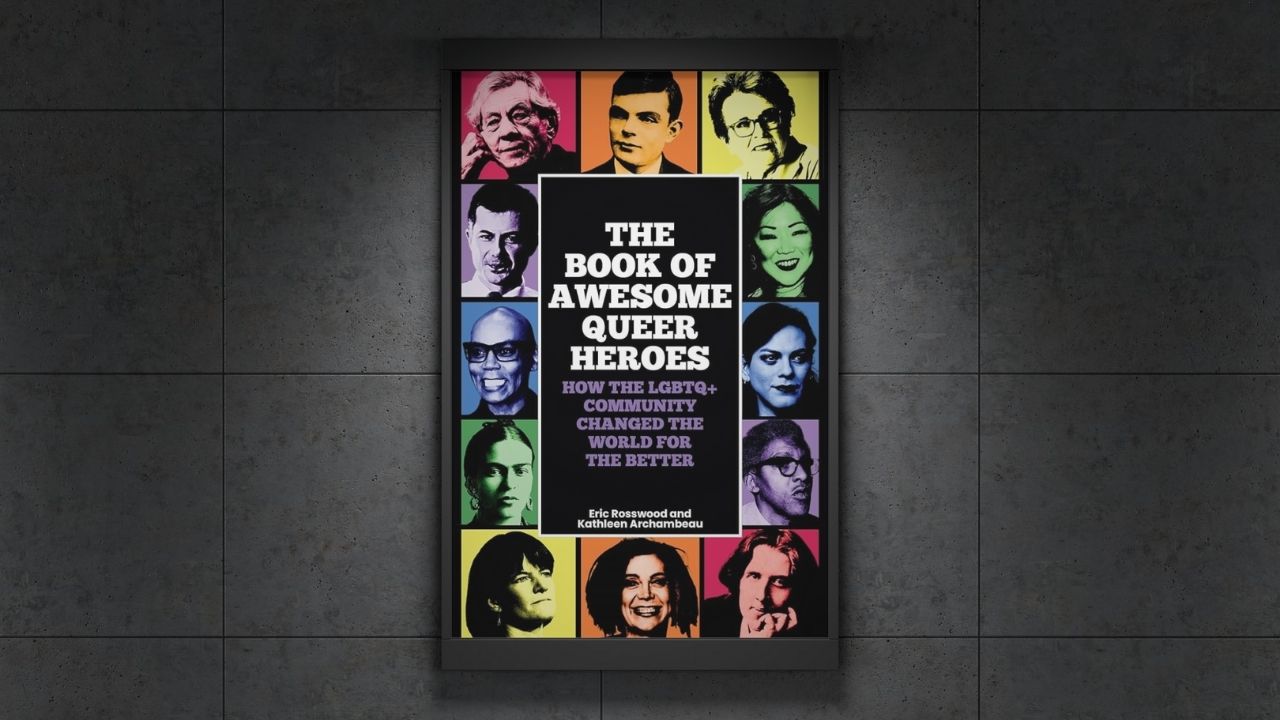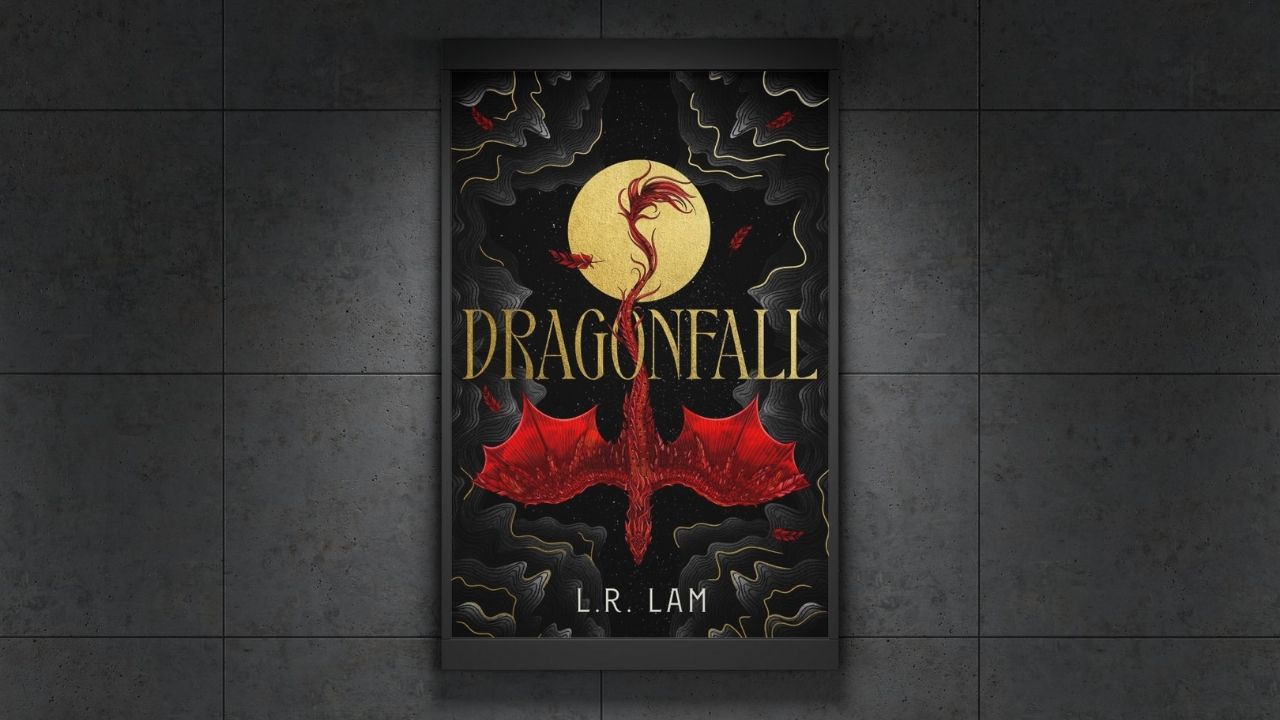Fantasy literature has long been a genre filled with iconic tropes and archetypes that shape its storytelling. These include the heroic journey, magical quests, and the presence of fantastical creatures, each playing a vital role in constructing the world of fantasy. The “hero’s journey,” with its predictable structure of a reluctant hero embarking on a …
Villains have always captivated our imagination, often stealing the spotlight with their charisma, complexity, and the sheer audacity of their plans. In fantasy narratives, they serve as the perfect foil to heroes, embodying the challenges, fears, and moral dilemmas that drive the story forward. Whether we love to hate them or find ourselves reluctantly rooting …
Over the past decade, fantasy literature has evolved, embracing more diverse forms of storytelling. Historically, the genre often centered around traditional monogamous relationships, but modern fantasy is breaking away from these conventions. Authors are now weaving stories that reflect the complexity of real-world relationships, including those that are polyamorous and LGBTQIA+. Polyamory, a practice of …
Speculative fiction has long been a realm for exploring the impossible, the magical, and the fantastical. Yet, for much of its history, one element remained largely unexamined: the diversity of its characters, particularly in terms of sexual orientation and gender identity. In recent years, however, the landscape of representation in speculative fiction has been shifting. …
In the tapestry of storytelling, few themes are as universally resonant as the idea of family. But for many in the LGBTQIA+ community, the concept of family often transcends bloodlines, evolving into something deeper and more intentional—found families. These chosen bonds, built on trust, mutual support, and unconditional love, strike a chord with individuals who …
Fantasy novels have long captivated readers with their imaginative worlds, intricate magic systems, and heroic quests. These stories often provide an escape from reality, offering readers the chance to explore vast, fantastical landscapes where anything is possible. But beyond the epic battles and mystical creatures, fantasy fiction also has the power to tackle profound themes …
Representation in literature is more than just a reflection of diverse communities—it’s a powerful tool for fostering empathy, broadening perspectives, and validating lived experiences. In recent years, the importance of inclusivity in storytelling has grown tremendously, as readers demand to see themselves represented across all genres. One area where representation has made particularly exciting strides …
Fantasy literature has always been a window into worlds of wonder, filled with heroic figures who inspire readers to dream big and face challenges with courage. But for many readers, these heroes often lack one essential quality: representation. In a genre that thrives on exploring the extraordinary, the inclusion of queer heroes has become a …
Dragons have long held a unique place in the realm of fantasy literature, embodying both the awe-inspiring and the otherworldly. As guardians of treasure, harbingers of destruction, or wise sages, their roles often reflect humanity’s greatest fears and aspirations. From the fire-breathing beasts of European folklore to the benevolent serpents of Eastern mythologies, dragons have …
The Importance of Diversity in Fantasy Literature Fantasy literature has long been a genre where imagination knows no bounds, inviting readers into worlds filled with magic, mythical creatures, and epic quests. However, while many fantasy books have traditionally been populated with stereotypical characters and familiar tropes, the genre is evolving. In recent years, there has …










